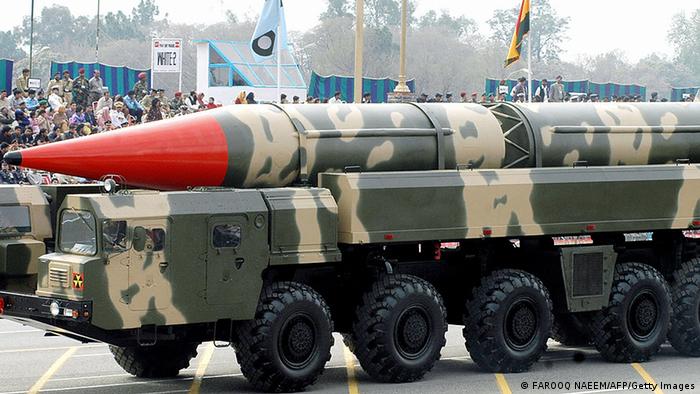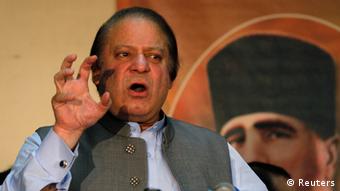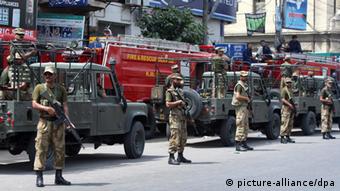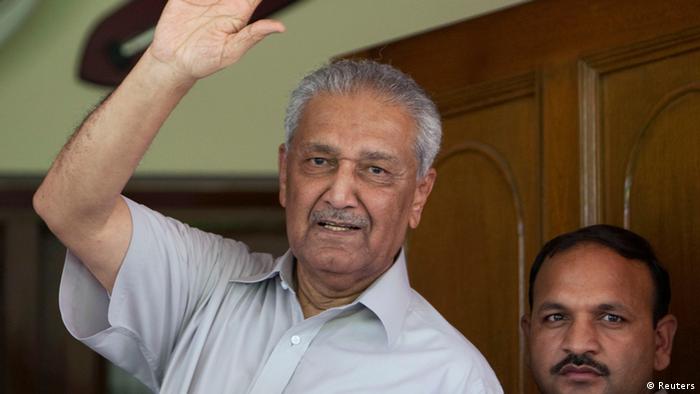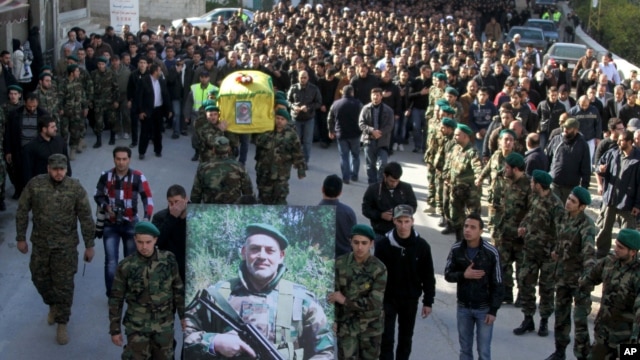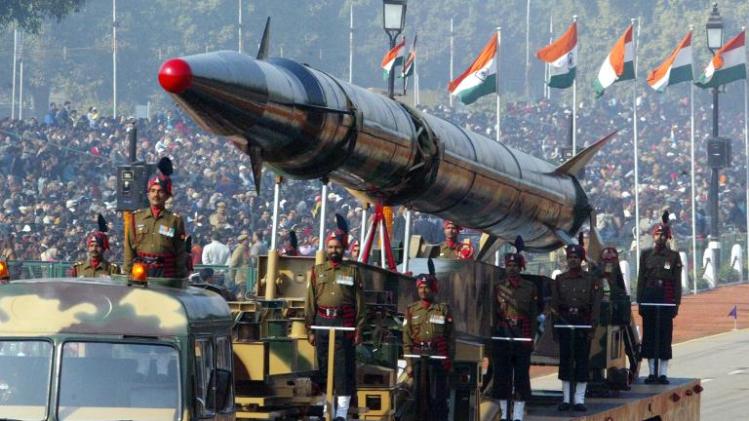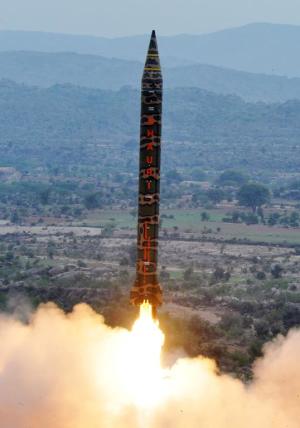Two-Third of Iranian MPs Want Gov’t to Enrich Uranium to 60%
TEHRAN (FNA)- The number of signatories of a draft
bill presented to the Presiding Board of the Iranian parliament to
require the government of President Hassan Rouhani to enrich uranium to
the 60 percent grade reached the two-third quorum on Sunday.
“The signatures to the bill to require the
government to enrich uranium to the level of 60% increased to 200,”
member of the parliament’s Energy Commission Seyed Mehdi Moussavinejad
told FNA today.
“The plan was signed by 100 parliamentarians when
presented to the Presiding Board (on Wednesday) but the number increased
at the request of the legislators,” he added.
A hundred Iranian lawmakers signed the bill and submitted it to the Presiding Board on Wednesday.
“If the bill receives the (parliament) approval,
the government will be required to complete the nuclear infrastructures
in Fordo and Natanz (installations) in case sanctions are intensified
(against Iran by the West), new sanctions are imposed, Iran’s nuclear
rights are violated or the Islamic Republic of Iran’s peaceful nuclear
rights are ignored,” Moussavinejad told FNA Wednesday.
Moussavinejad said that based on the plan, in case
of increased sanctions against Iran and violation of Iran’s rights to
use peaceful nuclear technology, “the government will be necessitated to
launch Arak heavy water reactor and also increase the level of uranium
enrichment to 60% to provide the fuel needs of Iranian vessels engines”.
The bill was presented after Washington breached
the recent Geneva deal between Iran and the world powers by blacklisting
a dozen companies and individuals for evading US sanctions.
During the last year, similar bills have been
compiled by smaller numbers of Iranian legislators, but they were all
rejected or their verification was postponed by the Presiding Board.
In July 2012, a senior legislator declared that
some MPs were discussing the plan to use nuclear fuel in Iranian
vessels, and urged the government to enrich uranium to the needed levels
to be used in such nuclear-powered ships.
“The government should enrich uranium to the
needed level to supply fuel for the ships,” member of the parliament’s
Industries Commission Allahverdi Dehqani told FNA at the time.
“Given the western states’ sanctions against the
Islamic Republic of Iran, which include an embargo on the supply of
fossil fuels to Iranian vessels, the Islamic Republic will replace the
fossil fuel with nuclear fuel to counter the sanctions so that Iranian
ships would not need refueling for long-distance voyages,” he added.
“The government should enrich uranium to the
necessary levels to supply fuel for such ships since we cannot cut our
trade relations with other countries due to the western sanctions,”
Dehqani said.
After the 2012 effort, a larger number of Iranian
legislators presented a new bill to the Presiding Board but it was
rejected too.
Iran announced in April that it could start
enriching uranium to the purity level of 50 percent if its research
community declares a need to nuclear-fueled submarines, but meantime
underlined that it is not enriching uranium over 20 percent of purity at
present and has no such plans for future now.
“For now we have no plans for enrichment above 20
percent,” former Head of the Atomic Energy Organization of Iran (AEOI)
Fereidoun Abbasi said at the time, and added, “But in some cases … such
as ships and submarines, if our researchers have a need for greater
presence under the sea, we must build small engines whose construction
requires fuel enriched to 45 to 56 percent.”
“In this case, it’s possible we would need this fuel.”
Meantime, the former Iranian nuclear chief
stressed that the country did not have any plan then to work on
enrichment levels above 20 percent, and reminded that the International
Atomic Energy Agency (IAEA) has never reported enrichment activities at
50 percent of purity level in Iran, “because there has never been such a
thing” in Iran.
This is not the first time Iran announces that it
enjoys the technical know-how to enrich uranium to purity levels above
20 percent. Abbasi had first announced in July 2012 that Iran is in
possession of the technical knowledge to produce the nuclear fuel needed
for trade vessels and submarines.
“We have the capability to produce nuclear fuel
for ships and submarines,” Abbasi said, and added, “But currently no
plan to enrich uranium beyond 20 percent of enrichment is on our
agenda.”
The AEOI has no difficulty to move towards such
systems and technologies, once it becomes a matter of basic need and the
government makes a decision about it, Abbasi stated.
Iranian military officials had also earlier informed that the country is designing a nuclear-fueled submarine.
In 2012, a senior Iranian Navy commander stressed
Iran’s high capabilities in designing and manufacturing different types
of submarines, and announced the country’s move towards manufacturing
nuclear-powered submarines.
Speaking to FNA at the time, Lieutenant Commander
of the Navy for Technical Affairs Rear Admiral Abbas Zamini pointed to
the navy’s plan to manufacture super heavy nuclear-powered submarines,
and stated, “Right now, we are at the initial phases of manufacturing
atomic submarines.”
He noted Iran’s astonishing progress in developing
and acquiring civilian nuclear technology for various power-generation,
agricultural and medical purposes, and said such advancements allow
Iran to think of manufacturing nuclear-fueled submarines.
Admiral Zamini further reminded that using nuclear
power to fuel submarines is among the civilian uses of the nuclear
technology and all countries are, thus, entitled to the right to make
such a use.







